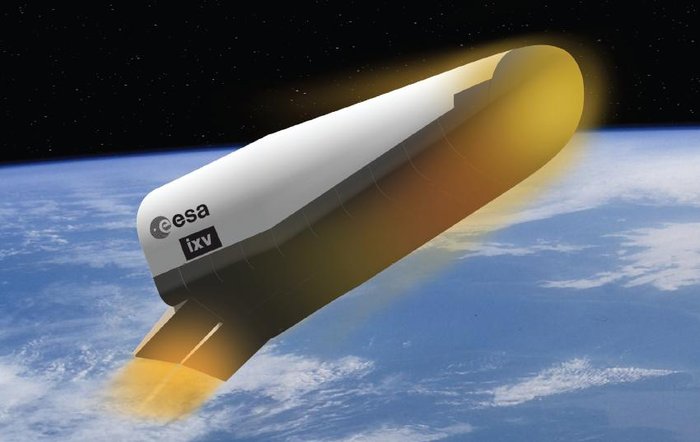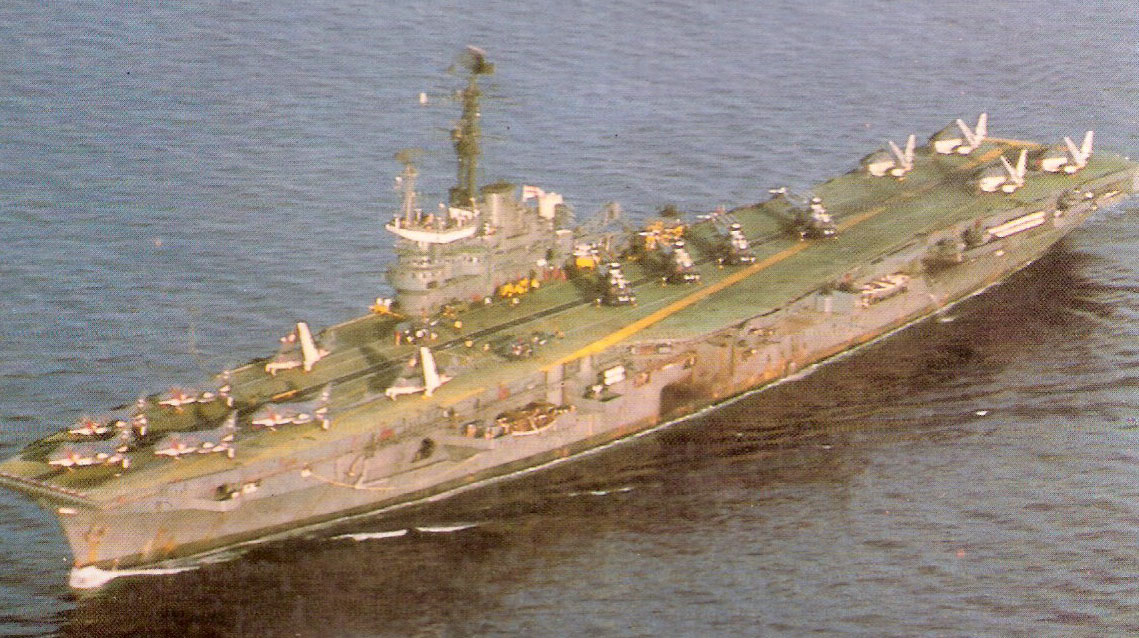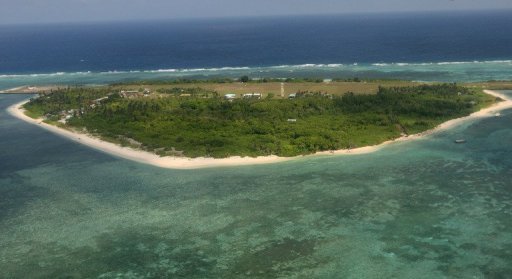
Artist's concept of the Intermediate eXperimental Vehicle. Image courtesy: ESA
PARIS (AFP): Europe's first-ever "space plane" will be launched on February 11 next year, rocket firm Arianespace said Friday after a three-month delay to fine-tune the mission flight plan.
The unmanned, car-sized vessel will be sent into low orbit by Europe's Vega light rocket, on a 100-minute fact-finding flight to inform plans to build a shuttle-like, reusable space vehicle.
Dubbed IXV, for Intermediate eXperimental Vehicle, the plane will be boosted from Europe's space pad in Kourou, French Guiana, and separate from its launcher at an altitude of 320 kilometres.
According to the European Space Agency website, "it will attain an altitude of around 450 km, allowing it to reach a speed of 7.5 km/s when reentering the atmosphere at an altitude of 120 km -- fully representative of any return mission from low orbit. "
The vessel is expected to collect data on its hypersonic and supersonic flight phases, before plunging into the Pacific Ocean with a parachute.
The initial launch had been scheduled for November 18, but Arianespace in October announced a postponement "to carry out additional flight trajectory analyses".
"Based on joint work by ESA (the European Space Agency) and CNES (the French space agency), the date for the IXV mission to be launched by Vega has been set for February 11, 2015," the company said in a statement.
"Arianespace will resume launch preparations in early 2015."
Developed over five years at a cost of 150 million euros (USD 190 million), the IXV is the testbed for a reusable vehicle that may one day be able to land on a conventional runway on Earth after a mission to space.
This could be useful for bringing astronauts back from the International Space Station (ISS).
NASA lost its ability to reach the ISS independently when its shuttle programme ended after 30 years in 2011.
While several private companies compete to send goods to space, the only craft currently able to ferry astronauts to the ISS and back is Russia's Soyuz.
NASA, meanwhile, is readying the first, unmanned, test flight of the Orion spacecraft that it hopes will one day carry people to the Moon, asteroids and Mars.
Last month saw two major setbacks for the space industry.
On October 28, an Orbital Sciences Antares rocket exploded shortly after launch on what was to be a supply mission to the ISS, followed three days later by the crash of Virgin Galactic tourist space plane SpaceShipTwo on a test flight, killing one of two pilots.
 Previous Article
Previous Article Next Article
Next Article












The Indian Air Force, in its flight trials evaluation report submitted before the Defence Ministry l..
view articleAn insight into the Medium Multi-Role Combat Aircraft competition...
view articleSky enthusiasts can now spot the International Space Station (ISS) commanded by Indian-American astr..
view article